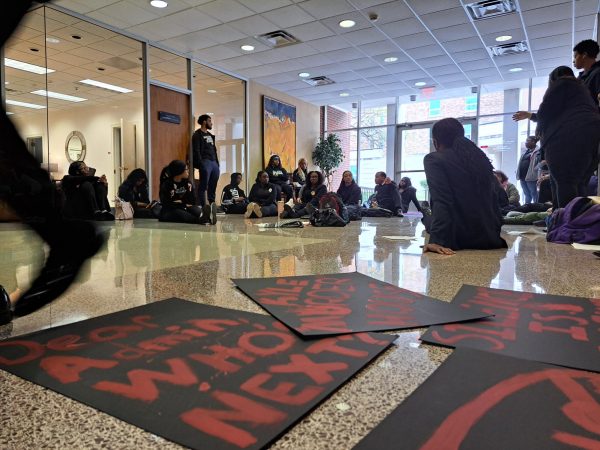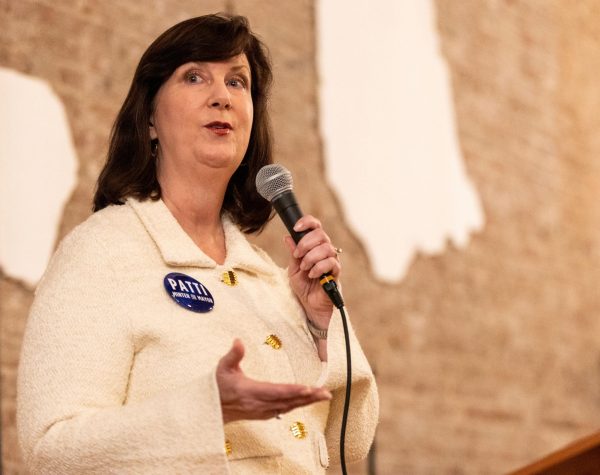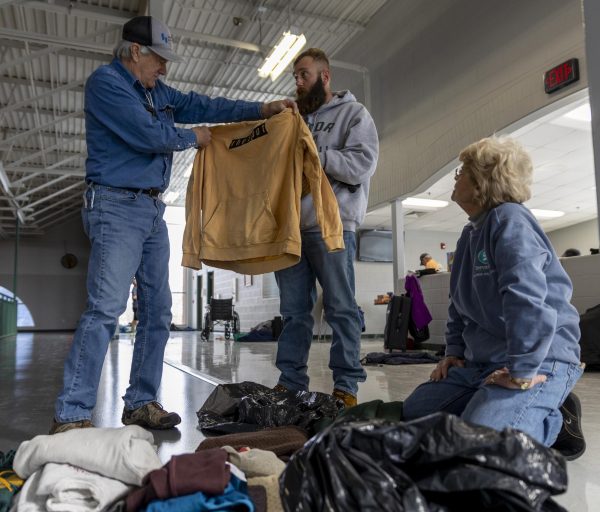Humans vs. Zombies canceled
October 26, 2010
The campus game Humans vs. Zombies has been canceled for the semester, student event coordinator Thomas Fritz said.
The event wasn’t approved by Student Affairs due to concerns about potential violence.
The game is usually played on campus or in a city and involves two teams “hunting” each other.
Players on the zombie team can convert players on the human team into zombies by tagging them. Players on the human team remain on their team by hitting opposing players with foam darts or rolled up socks.
“It’s like a big game of tag on campus,” Fritz said.
He said about 100 WKU students signed up to play this year.
Yet, the group struggled to have the play date approved by WKU administrators because administrators were afraid of fights breaking out on campus, he said.
WKU Police Chief Robert Deane said officials decided that the game was too much of a risk to play on campus.
He said he didn’t want people on campus to see Nerf guns and mistake them for real guns.
Fritz, a senior from Jasper, Ind., first introduced the game to campus last April after his brother, who played the game at Purdue University, told him about it.
He used the game as a project for his political science class.
About 90 people participated in the game last year. The zombie team won after they eliminated the last remaining human player, he said.
Fritz also said he thought the game didn’t get approval because it originally fell on the same week as the university’s Homecoming festivities.
He said he was initially given approval for the game by Deane and Mike Dowell, captain of communications and staff services, as long as the game was played during daylight hours and was also approved by Student Affairs.
But Student Affairs didn’t give approval for the event.
Howard Bailey, vice president for Student Affairs, said he told Fritz he had decided, with the WKU police department, that the game was unsafe to play on campus.
He said no official application had been filed by the group.
“We became much more aware of the dangers this semester,” Bailey said. “We didn’t see the value in it now that it wasn’t for a class.”
Fritz had a meeting with Bailey in his office on Oct.14.
At the meeting, Bailey told Fritz and other students involved with the game he was afraid the game would start fights on campus.
Bailey offered the students the option to play the game on the intramural fields on the South Campus, but Fritz declined the offer because the game is designed to be played on a campus or in a city.
Burkesville sophomore Jacob Marx, the game administrator, said Fritz’s meeting prompted the group to get a faculty adviser, which they believe they’ve found in professor Angela Jones.
Jones, an assistant English professor, said she hasn’t filed paperwork to be the group’s faculty adviser, but she plans to accept the job.
“I got pretty familiar with the game through some of my students,” she said. “A lot of my previous students liked it.”























